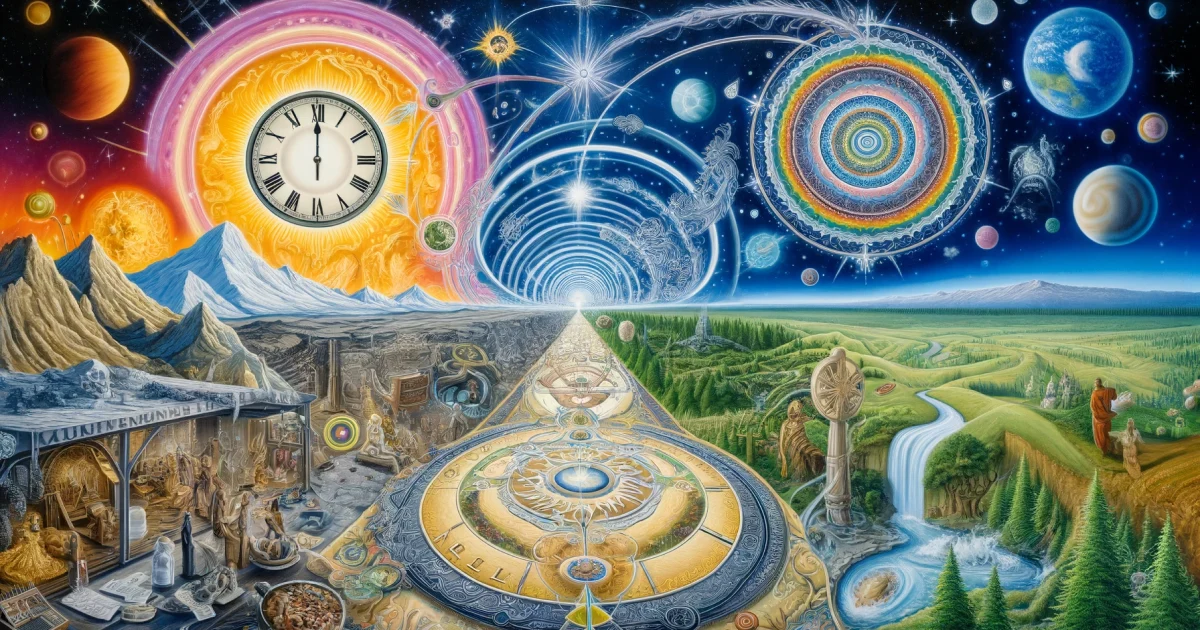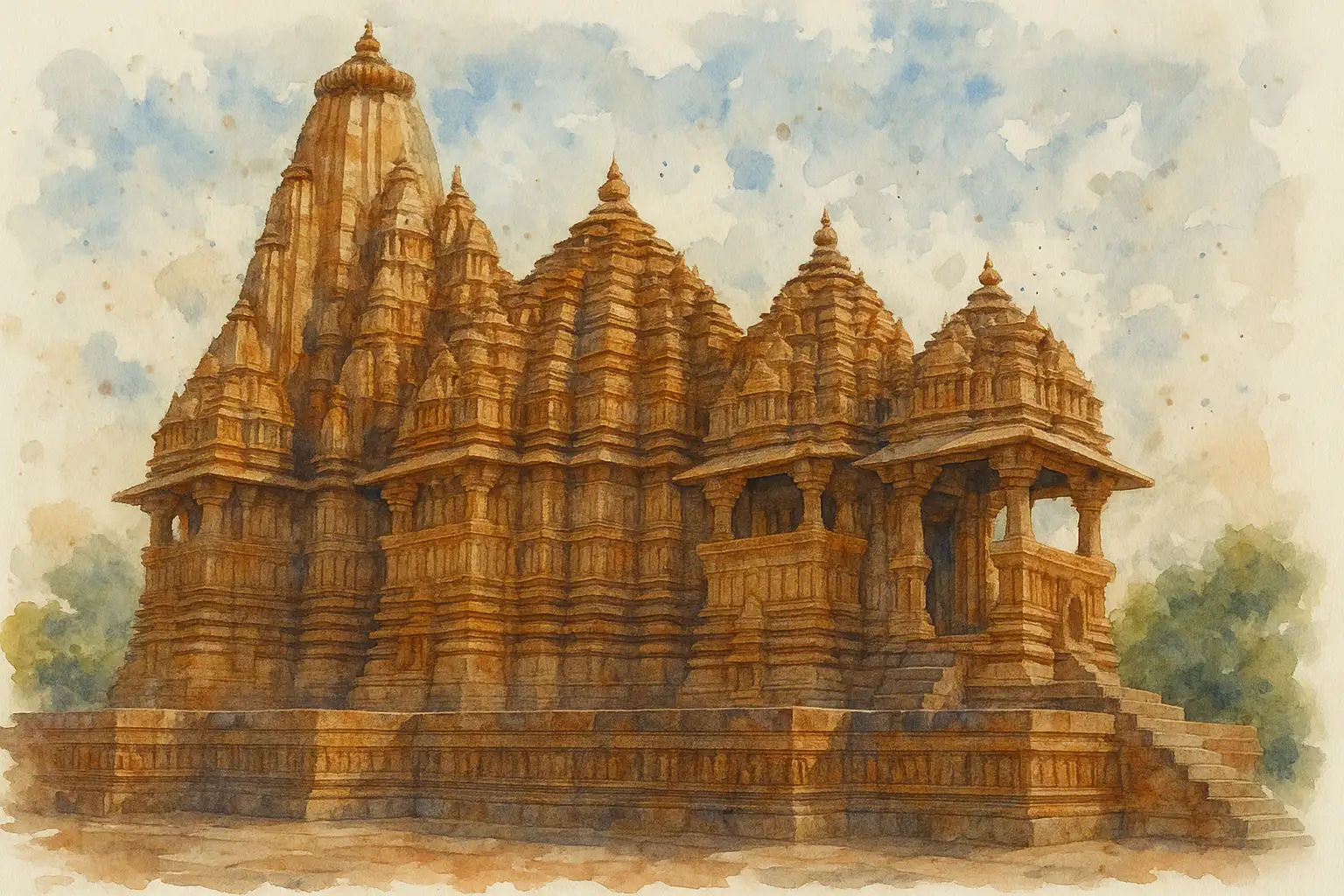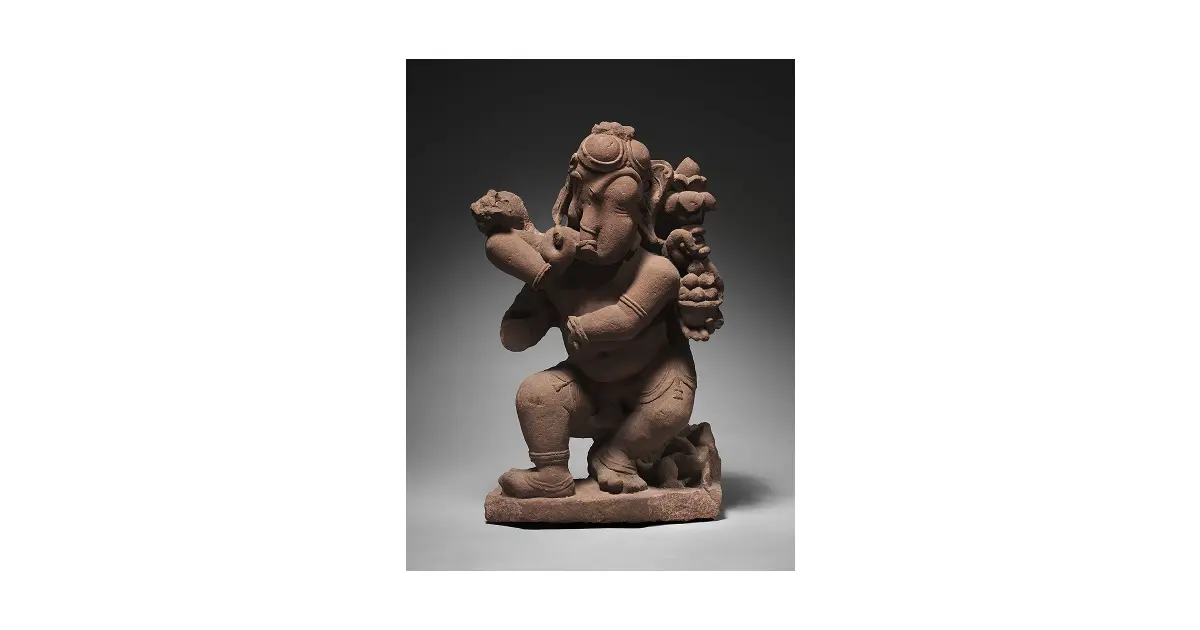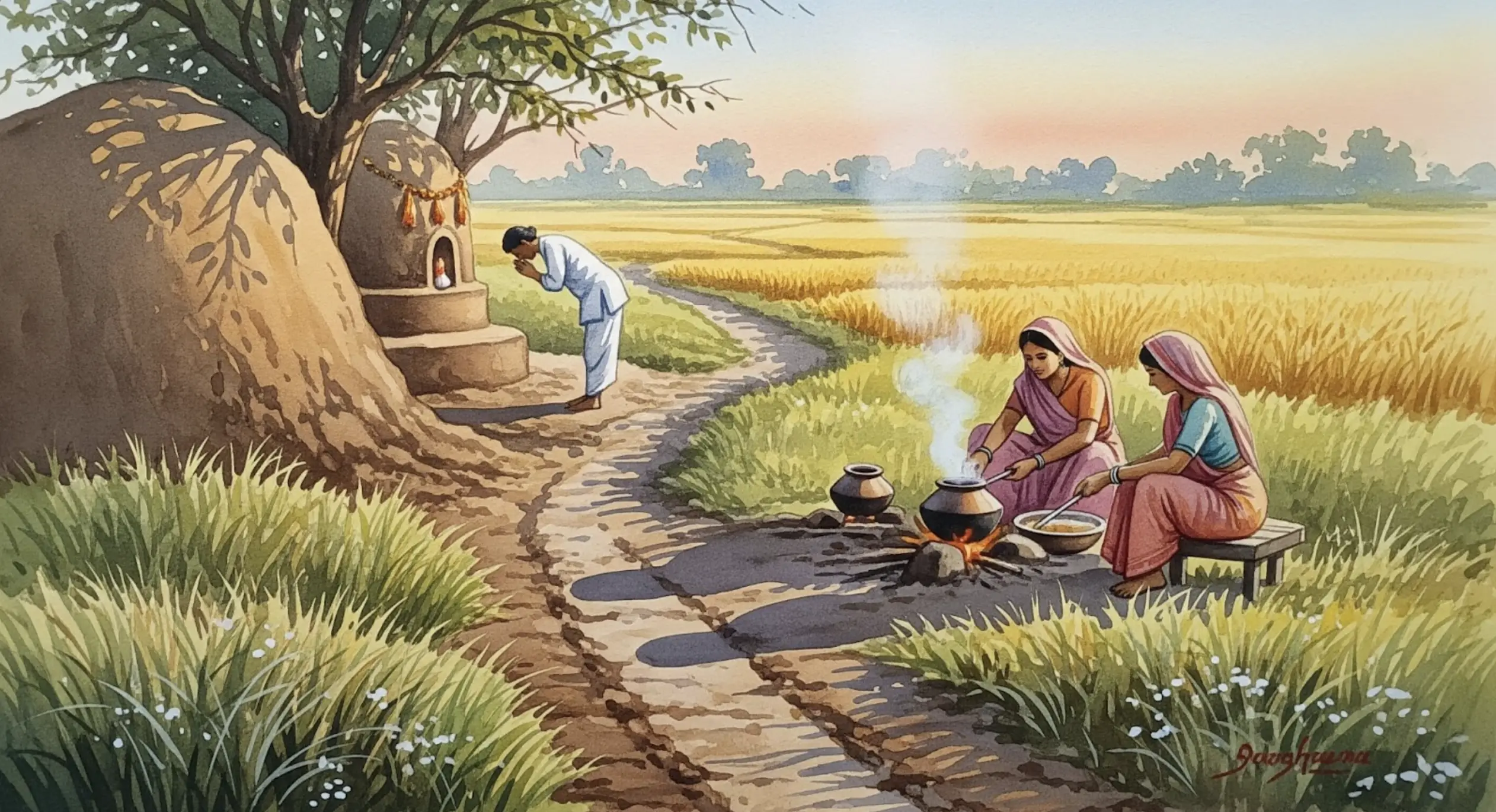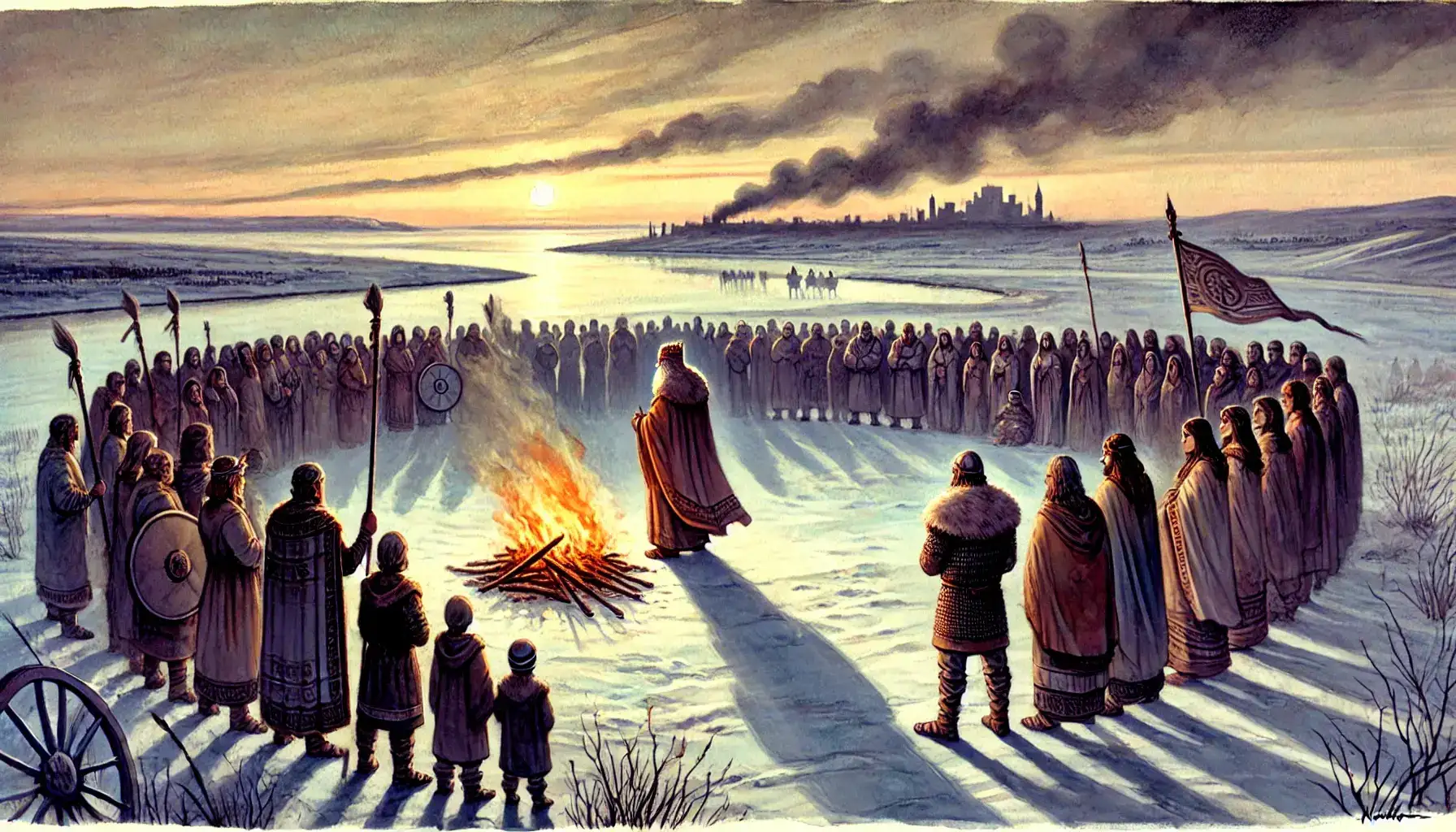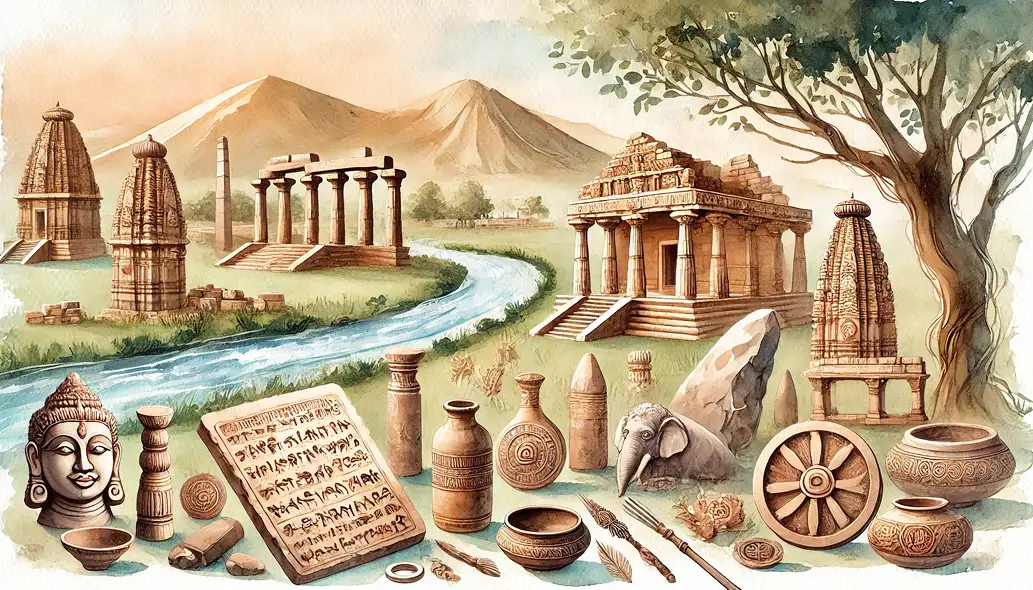On the Multiplicity of Time
- The prior state - of many cultures, many traditions, and equally as many histories ie - as many stories of a people about their own past.
- The emergence of Judaism - a specific community with a specific tale about its own past.
- The breakaway of Christianity from Judaism and consequently, its move towards becoming a global religion ie - making itself available to the Gentiles, or non-Jews, such as Greeks, Romans and others.
- The necessity then, from the above, of identifying a world history, where the multiple histories of multiple cultures had to be mapped to a singular and specific Christian story of creation, man and God's interventions in the world.
- The resultant clash of a variety of views on history and time - cyclical, helical, non-linear - against the monistic, linear view of time, which presumed that all other views could be methodically sanitized to extract their proper place in the new, Christian world history.
- The inheritance of this linear view of time by the natural and social sciences developed in Europe, particularly in history and philology, culminating in -
- The absolute butchery of Indian tradition at hands of...
